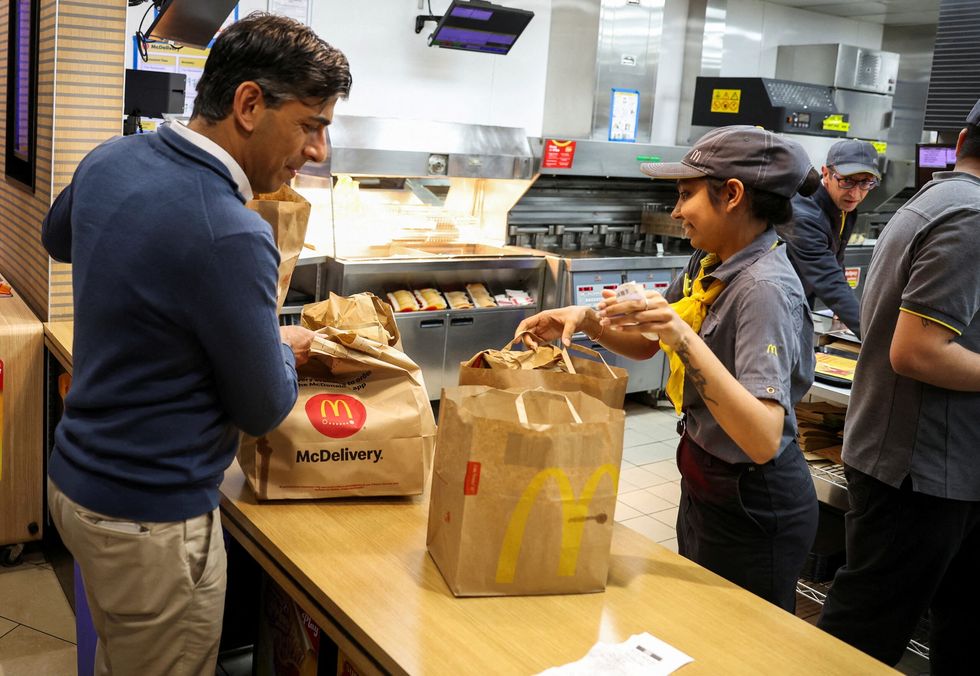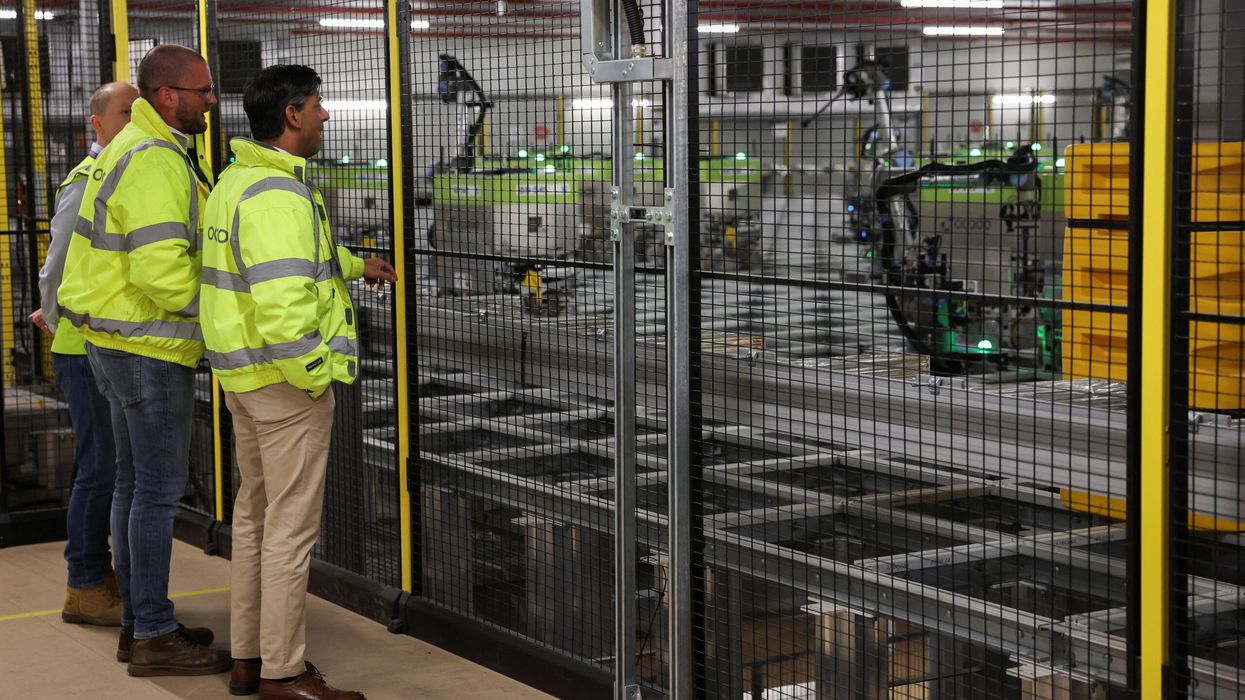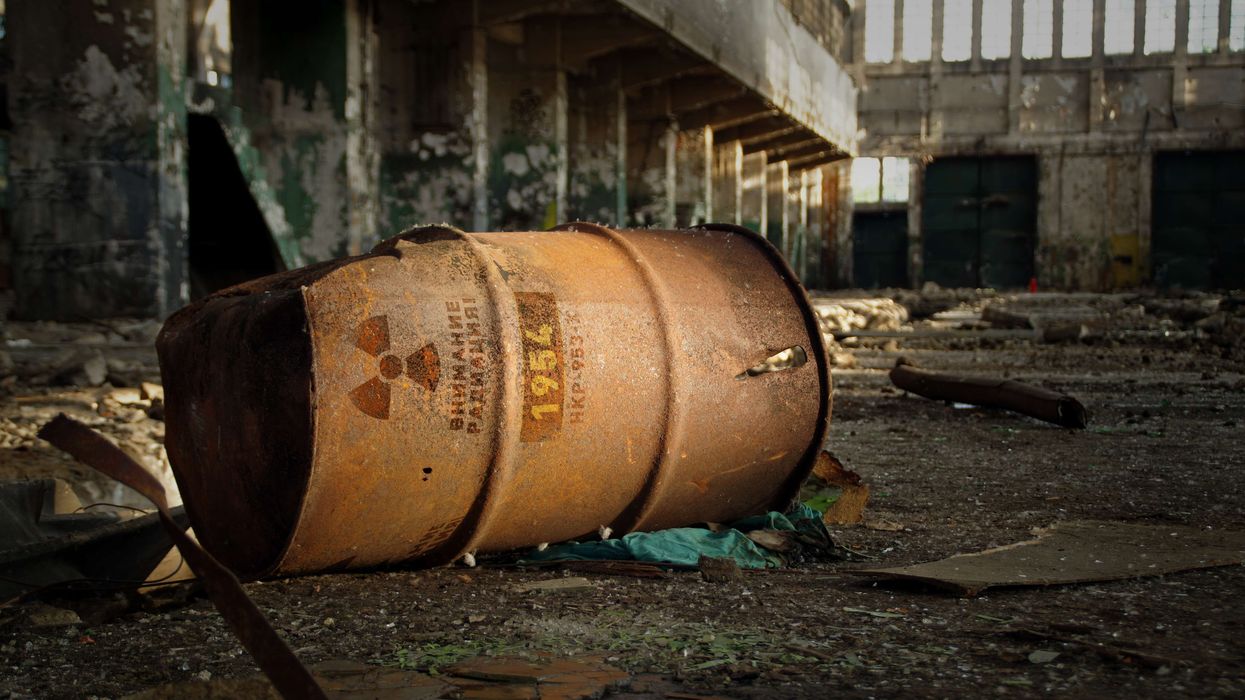Rishi Sunak, trailing in the election race, started his day early on Tuesday by visiting a retail distribution centre. Before 5 am, he was at an Ocado warehouse in Luton, north of London, observing robots picking items for delivery.
Sunak, who has appeared tired during the six-week campaign, spent the penultimate day before Thursday's vote at the Ocado facility. He wore a high-visibility jacket and helped pick salad items before meeting staff over tea.
Later, he surprised people at a motorway service station by joining a queue at McDonald's to buy breakfast for journalists. He then met with staff at a large supermarket.

Sunak has faced a tough campaign after calling an early election. He has been questioned by voters and journalists about the state of the country. When asked by BBC morning television if he agreed with a leading pollster that he had no chance of winning, he responded, "I was up at four this morning talking to workers at a distribution facility. I'm here talking to you. I'll be out till the last moment of this campaign because I think it's a really important choice for the country."
Sunak is scheduled to attend multiple events on Tuesday, including a rally in the evening. His Conservative Party, in power for 14 years, has trailed Keir Starmer's Labour Party by about 20 points for most of the past year. Recently, Sunak has intensified his warnings about the dangers of a Labour government.
Meanwhile, Ed Davey, leader of the Liberal Democrats, has taken a different approach to campaigning, involving stunts like falling into a lake, going down a water slide, and bungee jumping to attract media attention.
Keir Starmer, likely to be Britain's next prime minister, has conducted a traditional campaign, meeting voters at football grounds, supermarkets, and doctors' surgeries, and consistently delivering the same core message.
(Reuters)














